
Why Japan And South Korea Are Rediscovering China
It hardly matters that Chinese Premier Li Qiang, Japanese Prime Minister Fumio Kishida and Korean President Yoon Suk Yeol sidestepped a dearth of contentious topics keeping their governments apart since 2019. They include North Korea, Taiwan and export controls .
Nor does it matter that the leaders opted to focus instead on vague chatter about free trade deals, protecting supply chains, adjusting to aging populations and cooperating on infectious diseases. The important thing is that Beijing, Tokyo and Seoul are talking.
It will take much more than talk, of course.
“Common economic interests remain the ballast that holds trilateral cooperation together, but growing misalignment over regional security related to North Korea, Taiwan, and the South China Sea – as well as rising US-China competition – will prevent closer economic cooperation among the three countries,” says Jeremy Chan, East Asia analyst at Eurasia Group.
Yet the timing of the summit may be the most tantalizing consideration of all.
There's been much speculation about the Joe Biden of it all. The meeting, many believe, was precipitated by Biden's own summits with Kishida and Yoon. A tacit recognition, it follows, that Chinese leader Xi Jinping is playing catch-up.
What if, however, we're really seeing Japan and Korea responding to Biden's trade tariffs? And to the growing fear that Asia's No 2 and No 4 economies will be collateral damage as Biden slaps draconian curbs on the region's top economic engine?
At the Seoul summit on Monday, Li urged Kishida and Yoon to reject“protectionism” and work toward free trade. Li stressed that officials should resist turning economic and trade issues into“political games or security matters.”
In a joint statement, the three leaders agreed to“institutionalize” cooperation by routinely engaging in trilateral summit and ministerial meetings. They signed on to future exchanges for“speeding up negotiations” for a free trade pact that champions“fair, comprehensive, high-quality and mutually beneficial” trade.
Though this week's talks can't be called a“concrete initiative,” notes professor Stephen Nagy at International Christian University in Tokyo, it could succeed in stabilizing fraught relations.
Liu Qing, vice president of the China Institute of International Studies, says the summit struck a“hopeful tone for the future” to ensure Asia is a“cornerstone of peace and development .”
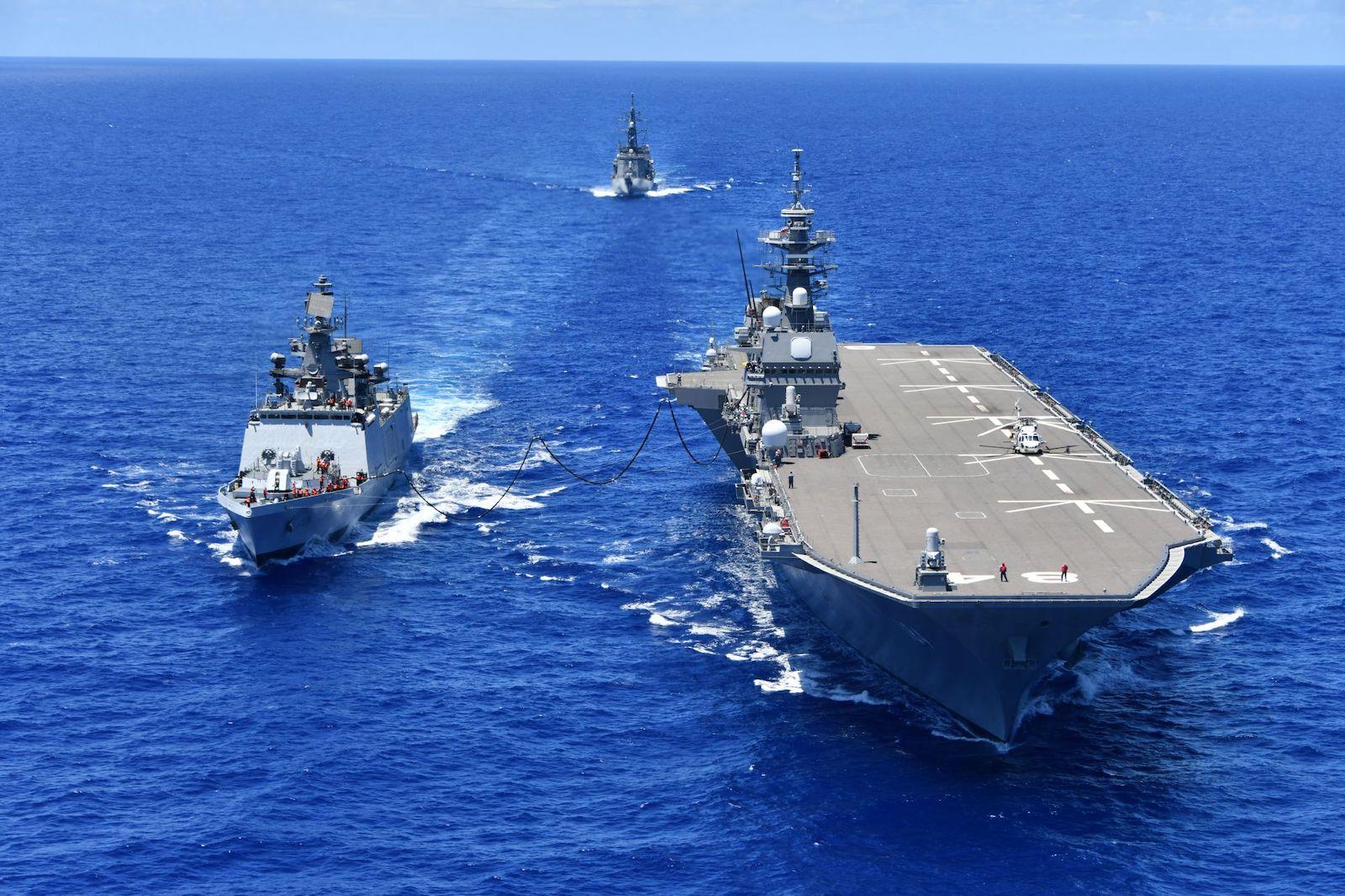
India should think long and hard about joining AUKUS
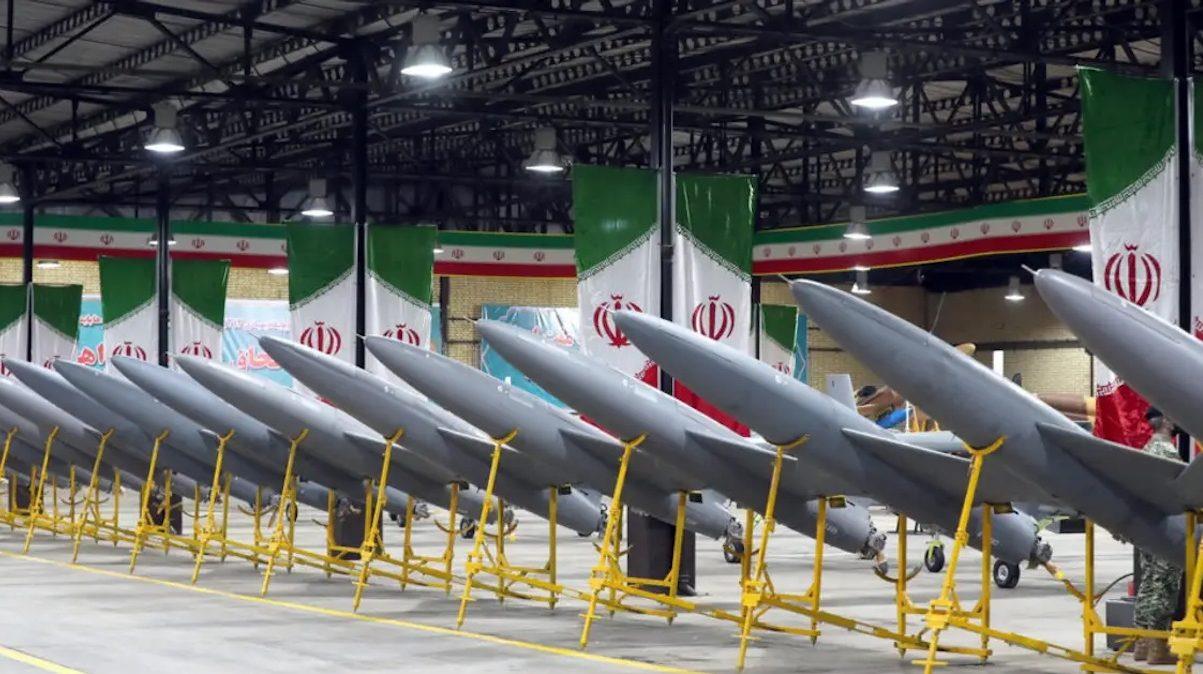
What Iran can gain and lose from Sudan intervention
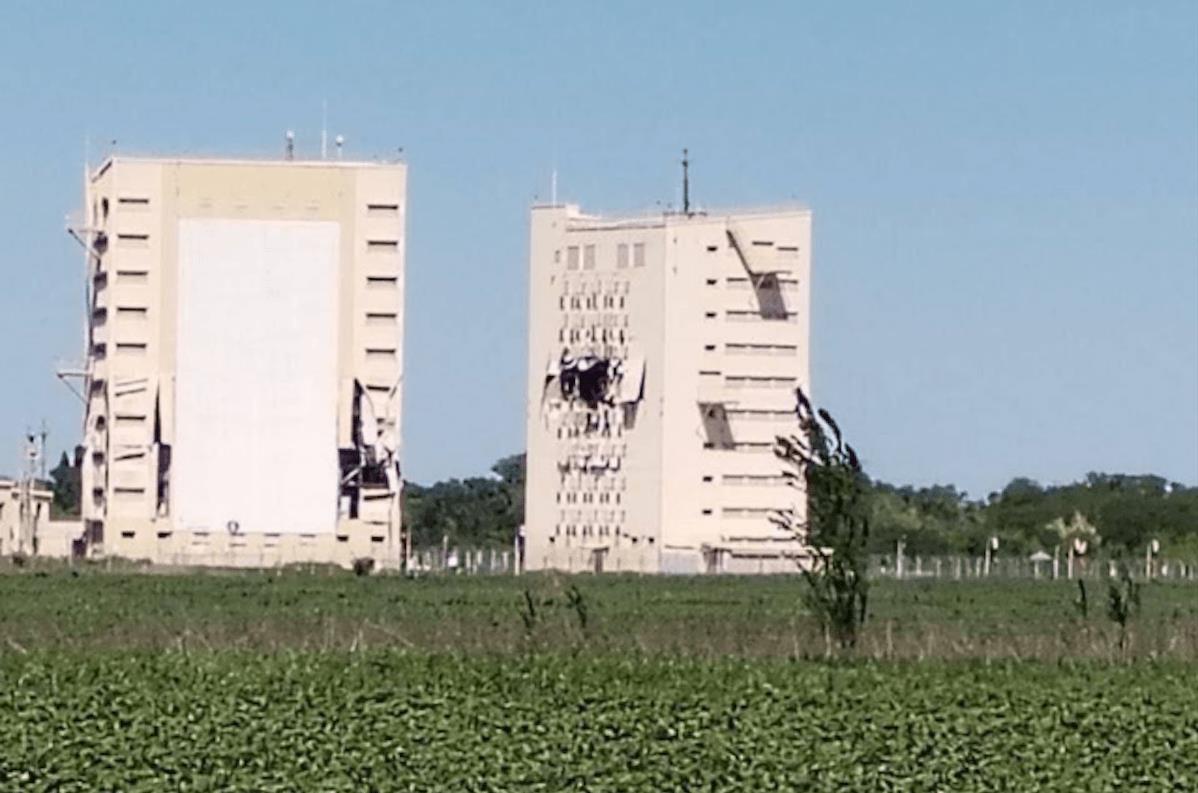
Attack on Russian radar is a significant escalation
Yet Kishida expressed“serious concerns” to Chinese officials about rising tensions in the South China Sea. Yoon said,“I hope that our three countries, who are working together as members of the UN Security Council this year, will join forces to contribute to peace and prosperity in the international community by gathering wisdom and strength in the face of a global complex crisis and geopolitical conflicts.”
The longer“escalated” trade tensions flare up, says economist Aidan Yao at AXA Investment Managers, the more the“race is going to be to the downside.”
Even so, the US has done serious relationship-building to do in Asia. The initial“Quad” arrangement on which Washington placed so many chips has faded as Narendra Modi's India stopped reading from the US playbook. The Donald Trump years from 2017 to 2021 also
did incalculable damage to Washington's reputation in Asia.
The specter of a Trump 2.0 White House appears to have Kishida and Yoon hedging their bets. Already, Trump is threatening 60% tariffs on all Chinese goods, a step that would upend supply chains everywhere. He also says he plans to revoke China's“most favored nation” status.
Biden, for his part, just quadrupled taxes on China-made electric vehicles to 100%. He also ratcheted up tariffs on advanced batteries, solar cells, medical equipment, construction cranes, aluminum and steel.

China's auto exports are surging in the post-Covid era. Image: Twitter / Car and Driver / Screengrab
It's reminding Asia that even if Trump is deprived of a second term, Biden 2.0 wouldn't necessarily be a picnic. All of which may have Kishida and Yoon bracing for the protectionist US economy they will encounter after the November 5 election.
For Biden, though, the key is taking care to limit the fallout from Washington's China policies on its most important allies in the region.
Take Korea, where semiconductors represent the biggest source of income. Given that China is both the world's largest semiconductor market and Korea's biggest trade partner, US trade policies are putting Yoon's economy in harm's way. (South Korea's exports to the US slightly exceeded those to China in March this year.)
As sales shortfalls at chip giants
Samsung Electronics, SK Hynix and others can attest, being a top US ally is proving very expensive.
Korea Inc is still reeling over a law Biden signed to limit US$7,500 tax credits for EVs to those assembled in North America. That made life harder for Hyundai Motor and
Kia Corp, which make their EVs in Korea and then export them.
Ditto for Biden's overriding plan to restore America's role as a top global manufacturing power. The plan, he says, is to“build more, and build it here.” It has Biden doubling down on a“buy America” industrial policy that is putting trade-geared allies in Seoul and Tokyo in an increasingly tight spot.
Yet something is written between the lines of the bold font: Washington's expectation that top democracies in Asia will follow its lead. This, however, presents Yoon with a big question: will the US take offense if Korea increases investments in advanced technologies in China?
A top Biden priority, after all, is growing America's semiconductor manufacturing presence to create jobs and increase competitiveness . Yet can Kishida's team in Tokyo walk a tightrope between Washington and Beijing - Tokyo's“strategic equilibrium” - without alienating one or both? Is that even possible as China becomes America's top hot-button election issue.
Odds are, Biden will be lobbying Samsung and SK Hynix to invest more in the US. In May 2022, Hyundai Motor upped the ante on Korea Inc peers by pledging to invest $10 billion in the US by 2025. Team Biden knows there's more where that came from.
Amid all this trade chaos, rumors of US-China decoupling are proving greatly exaggerated. By most measures, two-way trade between the two biggest economies has spiked since 2022 despite increasing tensions.
US policies, though, risk repelling officials in Seoul and Tokyo. Biden's CHIPS and Science Act and the Inflation Act put many of Asia's top tech names into compliance purgatory. As it is, CEOs and regulators alike are struggling to keep plans for building advanced semiconductor factories from run afoul of Washington's new red lines.
Samsung officials, for example, are left to wonder if they must cut production in Xi'an or SK Hynix in Wuxi? Chieftains live in constant paranoia of what might come if Korean technology finds its way, perhaps unwittingly, into Chinese lasers, weapons, air-defense systems and surveillance tools.
Rather than blunt-force tariffs, Biden's White House could focus more on building innovative muscle and increasing productivity at home and less on deflating China's tires . To be sure, Biden's CHIPS Act, which threw nearly $300 billion at boosting domestic research and development, was a good start.

Sign up for one of our free newsletters
- The Daily ReportStart your day right with Asia Times' top stories AT Weekly ReportA weekly roundup of Asia Times' most-read stories
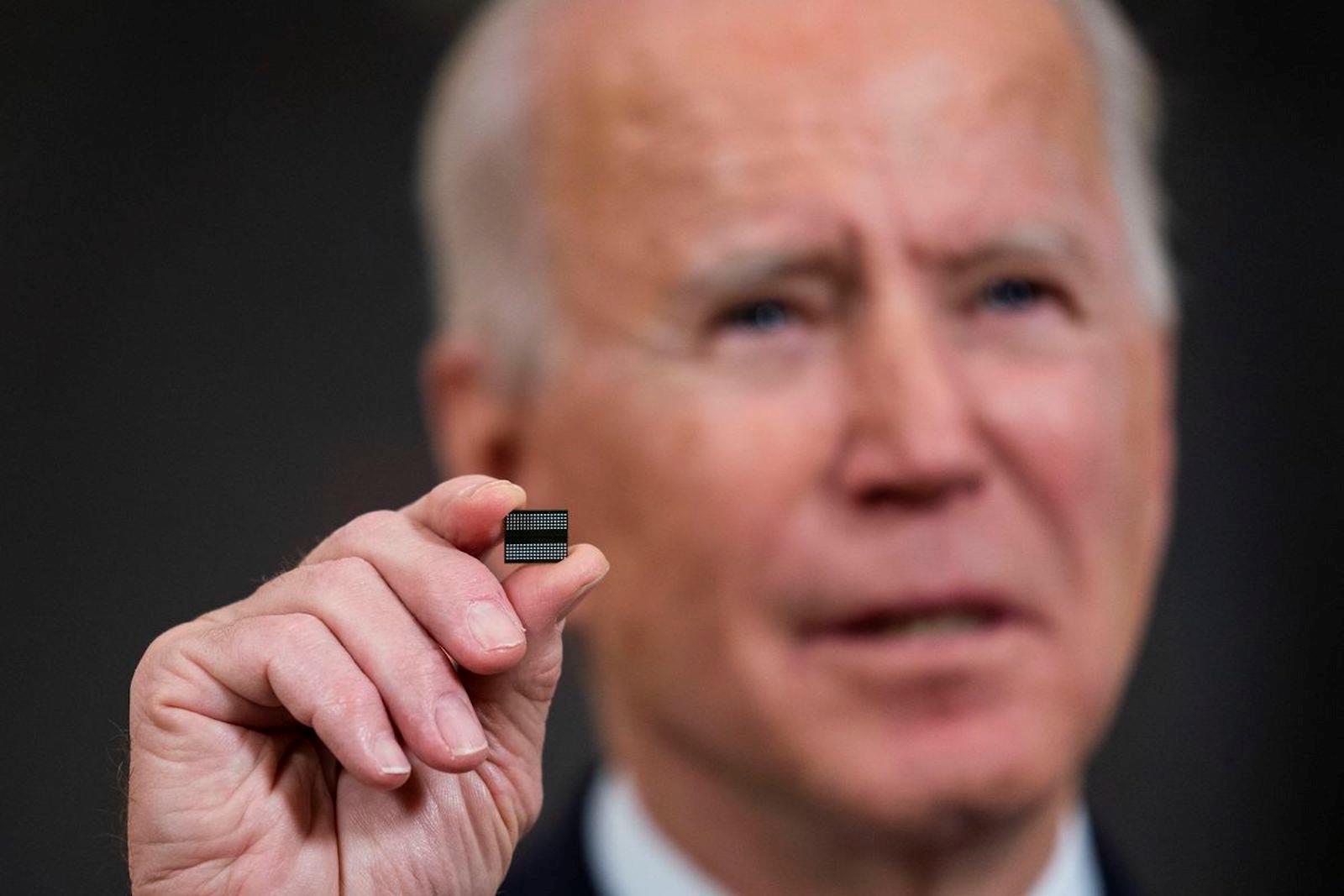
Joe Biden wants more chip production done in the United States. Image: Twitter (X) Screengrab
Importantly, it marked a radical pivot from the Trump years. Trump threw a giant grenade into global trade and signed a $1.7 trillion tax cut that accelerated the path to a $35 trillion national debt.
All the while, Trump did little, if anything, to increase domestic capacity. If Trump had increased innovation and productivity, US inflation might not have surged to 40-year highs post-Covid-19.
In the meantime, Xi's Communist Party is investing trillions of dollars in leading the future of semiconductors, EVs, advanced batteries, renewable energy technologies, artificial intelligence, robotics, biotechnology, aviation, green infrastructure and high-speed rail.
Through bigger investments in innovation and productivity, the US would create new wealth and expand the economic pie . It could vastly increase America's economic footprint in Asia, boosting demand for electronics, vehicles and entertainment exports.
Ultimately, both Biden and Trump's China containment won't work. Since the late 1990s, Washington has read more from the playbook of diplomat George Kennan than free-market economist Adam Smith. Decades ago, Kennan advocated slowing Soviet expansion through containment. Today, the focus is on reining in China Inc.
It's grand that Beijing, Tokyo and Seoul are talking again considering their three economies generate about 25% of global GDP.
No doubt, disputes from the past and present will remain stumbling blocks to any meaningful agreement on trade. Not least of which include the ways in which the strategic competition between the US and China is transforming the working of the global economy.
But the timing of Kishida and Yoon making nice with Li shouldn't be lost on Biden. Going the Trump route on trade just might ultimately drive Japan and Korea into China's free trade-promoting orbit.
Follow William Pesek on X at @WilliamPesek
Thank you for registering!
An account was already registered with this email. Please check your inbox for an authentication link.

Legal Disclaimer:
MENAFN provides the
information “as is” without warranty of any kind. We do not accept
any responsibility or liability for the accuracy, content, images,
videos, licenses, completeness, legality, or reliability of the information
contained in this article. If you have any complaints or copyright
issues related to this article, kindly contact the provider above.

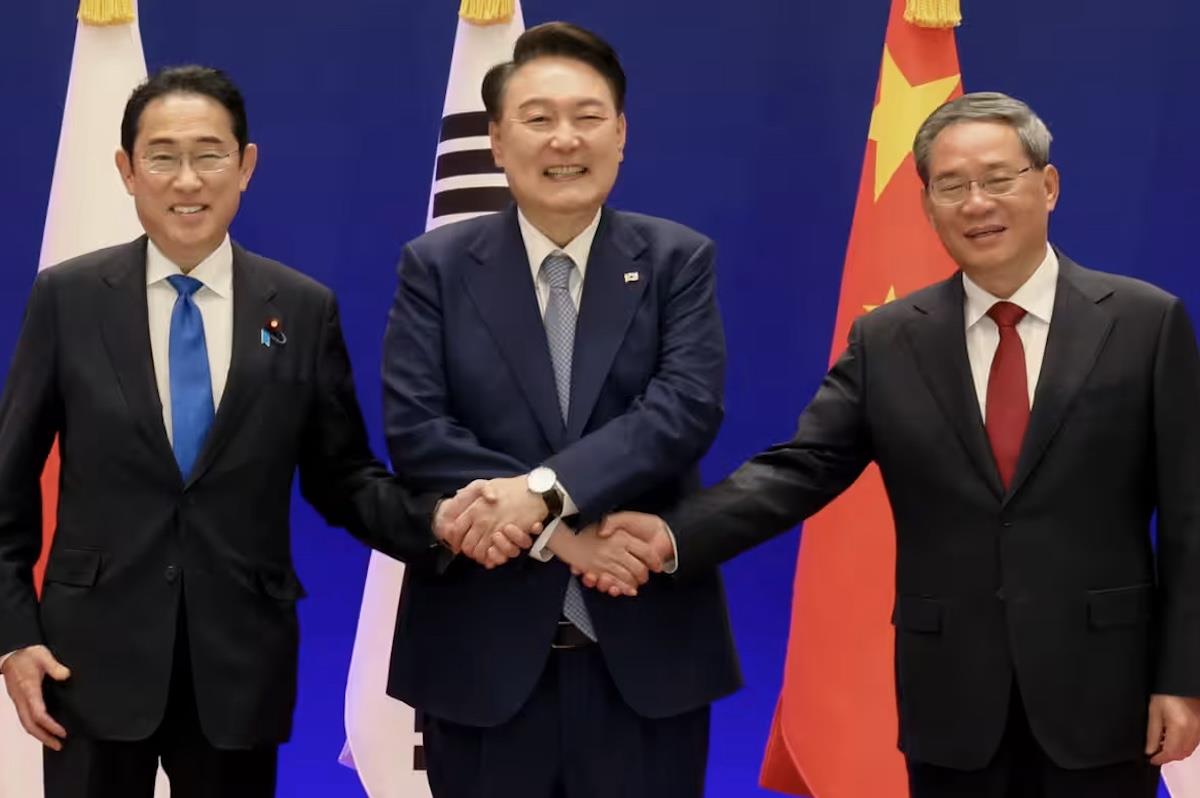















Comments
No comment